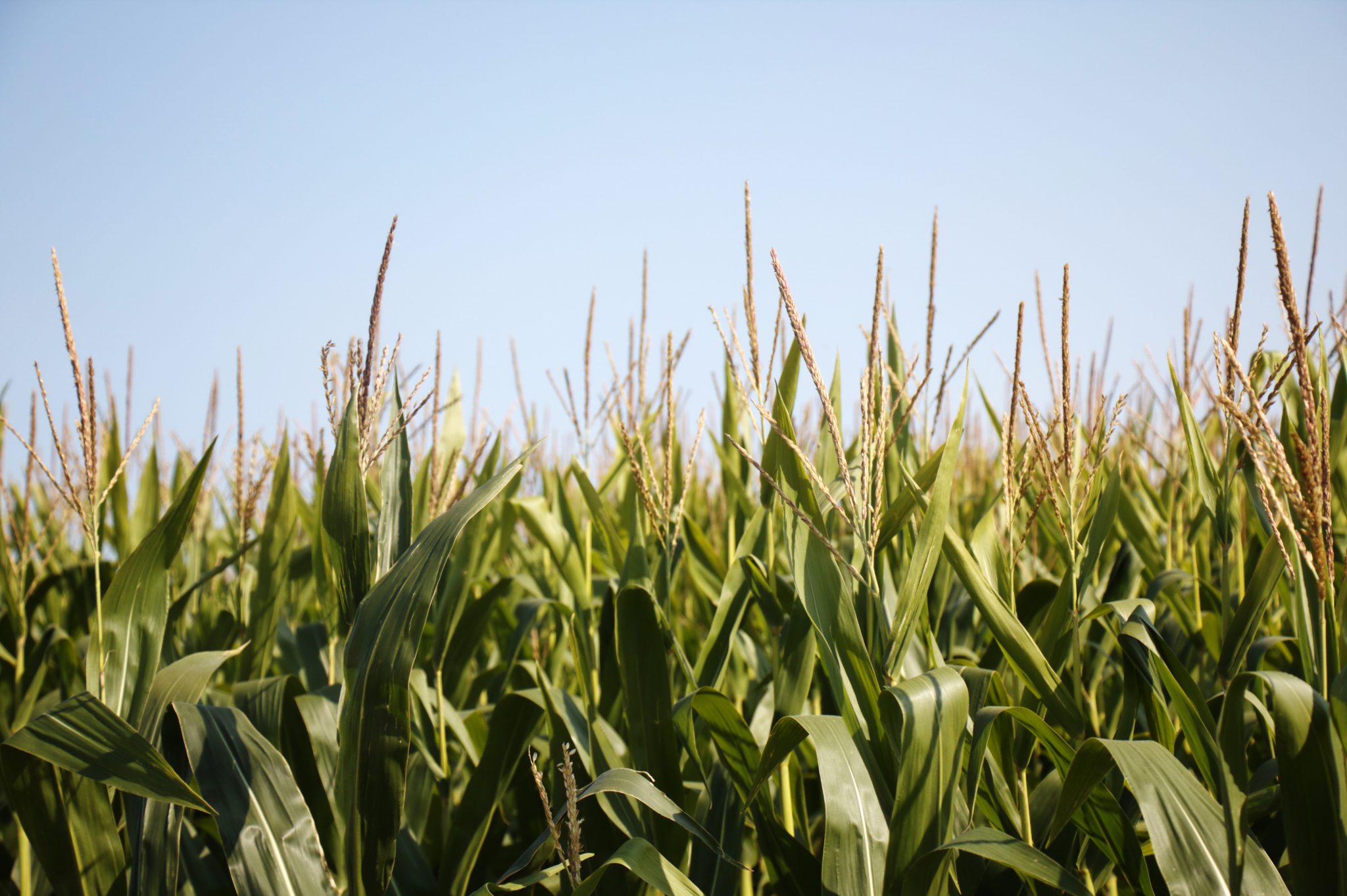Laurier leads international meeting that brings together experts on sustainable food systems


The FLEdGE partnership is hosted by Laurier’s Centre for Sustainable Food Systems, a research centre that works to acquire and disseminate knowledge about sustainability.
“The idea initially was to think through ideas of how we could be integrative across a number of sustainability goals for food systems,” Alison Blay Palmer, director of the Centre for Sustainable Food Systems, said.
“So, food that is fair, green, economically localized as much as possible and engaging of citizens,” Palmer said.
The FLEdGE partnership in particular brings together thinkers from around the world to share knowledge and learn from each other.
“This is a partnership, so they all do research and collaborate and share findings,” Palmer said.
“We have seven research nodes across Canada. One in the Northwest Territories, one in the West in Alberta and British Columbia, three in Ontario, one in Quebec and one in Atlantic Canada,” Palmer said.
“And we have three international working groups. One around agroecology, one around innovative governance and one around sustainable food systems and metrics,” Palmer said.
“We have people here from all over the world. From New Zealand, from South Africa, from Brazil, from across the northern United States … and also from many partners in the EU.”
“So if you think about [hurricanes] Irma and Harvey, for example, 40% of our greenhouse gas emissions are related to how we produce food in the industrial food system, Palmer said.
Palmer emphasized that collaboration and knowledge sharing is a major function of the meeting.
“We don’t have all the answers for sure, so it’s trying to get people together to talk and learn from each other. That’s really what we try to do,” Palmer said.
Per the meeting’s program, the weekend saw presentations on topics as diverse as “Yerba mate agroforestry systems” in southern Brazil and “Sustainable Fisheries and Food Systems Governance in the Lake Superior Region.”
The meeting and the work that the FLEdGE partnership does is supported by a grant from a federal research funding agency.
“It’s a multi-year, five year grant that started in 2015. It’s a two-and-a-half million dollar grant from the Social Sciences and Humanities Research Council of Canada [SSHRC],” Palmer said.
When asked why it is important to work on sustainability in food systems, Palmer responded without hesitation:
“Because we have 800 million people in the world who don’t have enough food.”
Palmer also noted that some of the impetus to improve sustainability in food systems is driven by the threats associated with climate change.
“So if you think about [hurricanes] Irma and Harvey, for example, 40% of our greenhouse gas emissions are related to how we produce food in the industrial food system, Palmer said.
“So if we did things more sustainably, we wouldn’t have to be – in the long run, I mean that’s a long term goal – we wouldn’t have to be dealing with those issues in such an urgent and pressing way as we are now.”
“So we’re all here to share the research that we’re doing and find ways that we can progress on thinking about and acting on things that will help us have more sustainable food systems everywhere.”

